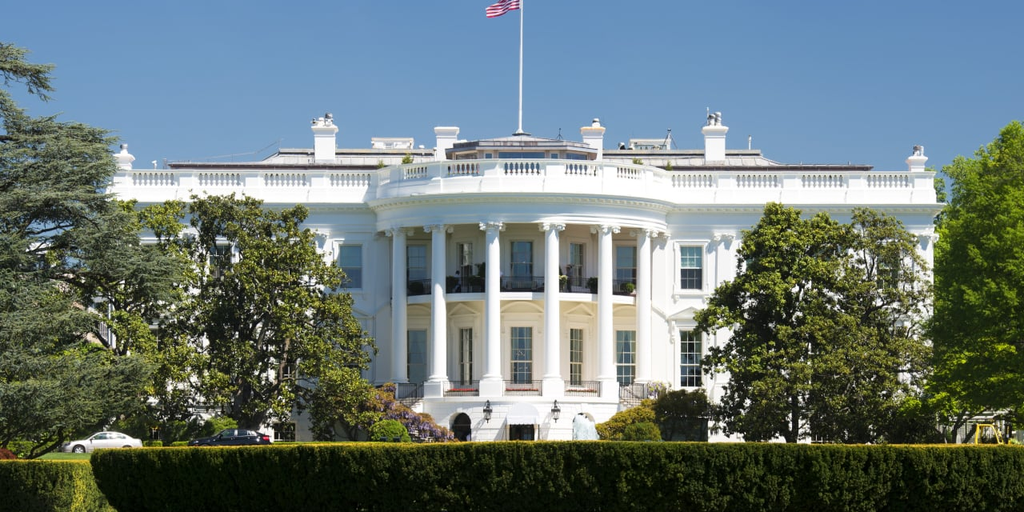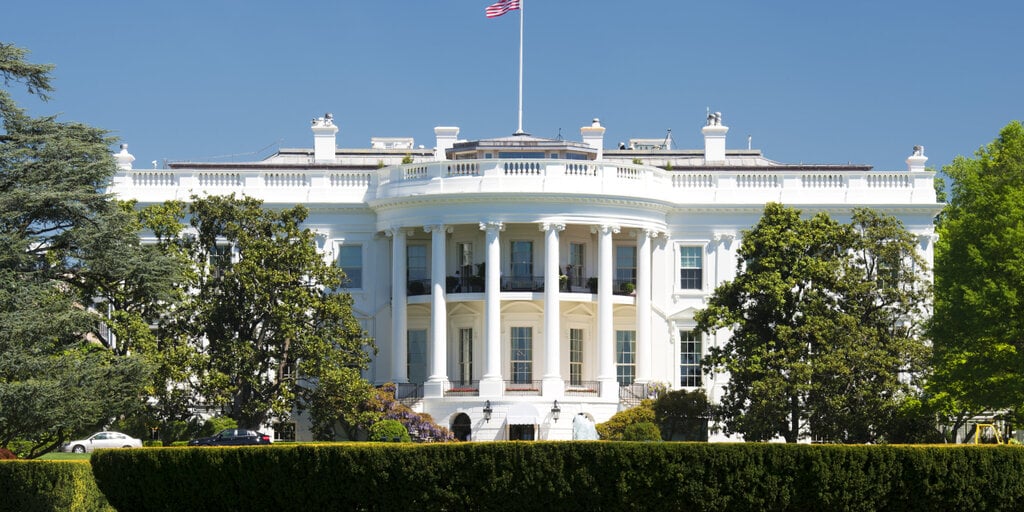
The Biden administration on Monday unveiled sweeping restrictions on the export of artificial intelligence chips and related technologies as President Joe Biden prepares to leave office.
Announced just days before Donald Trump took office as president, the “Interim Final Rule on AI Deployment” seeks to maintain U.S. dominance in AI while preventing adversaries from exploiting advanced systems for malicious purposes.
“To strengthen America’s national security and economic strength, it is essential that we do not transfer this critical technology abroad, and that the world’s artificial intelligence follows American lines.” statement From the White House.
The restrictions impose limits on the number of advanced graphics processing units and other AI-related technologies that can be exported to most countries.
While the US and 18 of its closest allies, including the UK and Japan, are exempt, countries such as China, Russia, Iran and North Korea remain subject to a strict ban.
The regulations also introduce new licensing requirements for exports to more than 120 countries, with provisions requiring foreign governments to sign agreements to ease restrictions.
Entities that meet stringent security standards can obtain special statuses, such as Universally Verified End User (UVEU) or Nationally Verified End User (NVEU), allowing them to take advantage of advanced GPUs and responsibly scale AI capabilities.
UVEU entities can allocate up to 7% of their global AI capacity outside of close allies, while NVEU entities can purchase GPUs equivalent to 320,000 advanced units over two years.
Orders for smaller, lower-risk chips — often used by universities and research institutions — will bypass the licensing process entirely.
Reply
This announcement sparked sharp criticism from the technology industry.
Chipmaker giant Nvidia criticized this policy, calling it “unprecedented and misguided,” warning that it could undermine American innovation and global competitiveness.
“While cloaked under the guise of an 'anti-China' measure, these rules will do nothing to enhance the security of the United States,” Ned Finkel, Nvidia's head of government affairs, said in a statement. statement.
Currently, Nvidia sells AI chips to China, but they are scaled-down versions designed for US compatibility Export restrictions imposed in 2022.
These chips with low computational power are produced to meet demand in the Chinese market without violating US security policies.
The new rule also limits chip exports to other non-allied countries to 50,000 GPUs per country, ensuring that American technology supports legitimate uses, such as health care and education, without empowering adversaries.
Countries that align their AI and export control policies with the United States could double the chip cap through government-to-government agreements under the new rules.
The rules are scheduled to take effect in mid-May, providing time for adjustments to be made under Trump after his inauguration on January 20.
“We hope that the next administration will take full advantage of those 120 days to listen to experts, industry, industry players and partner nations, and consider their input, and I fully expect that the next administration may make changes as a result of that input.” Commerce Secretary Gina Raimondo said.
Modified by Sebastian Sinclair
Smart in general Newsletter
A weekly AI journey narrated by Jane, a generative AI model.
Source link
